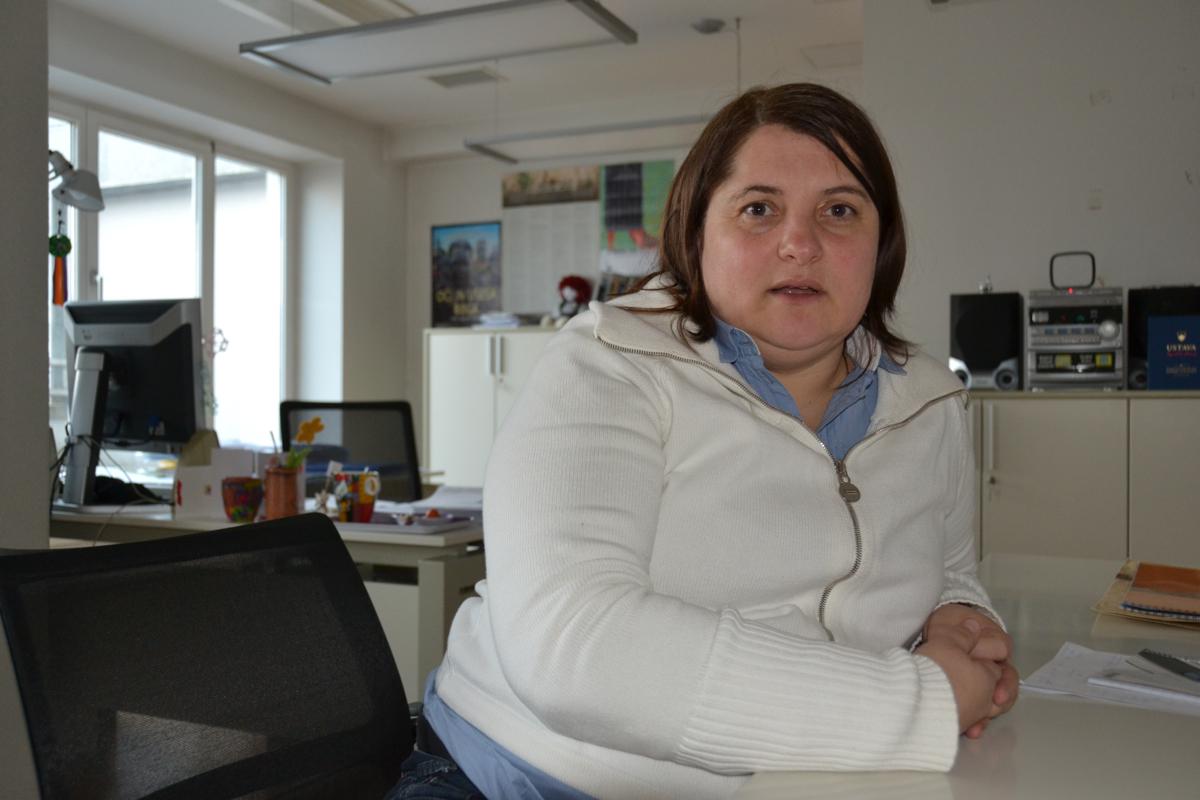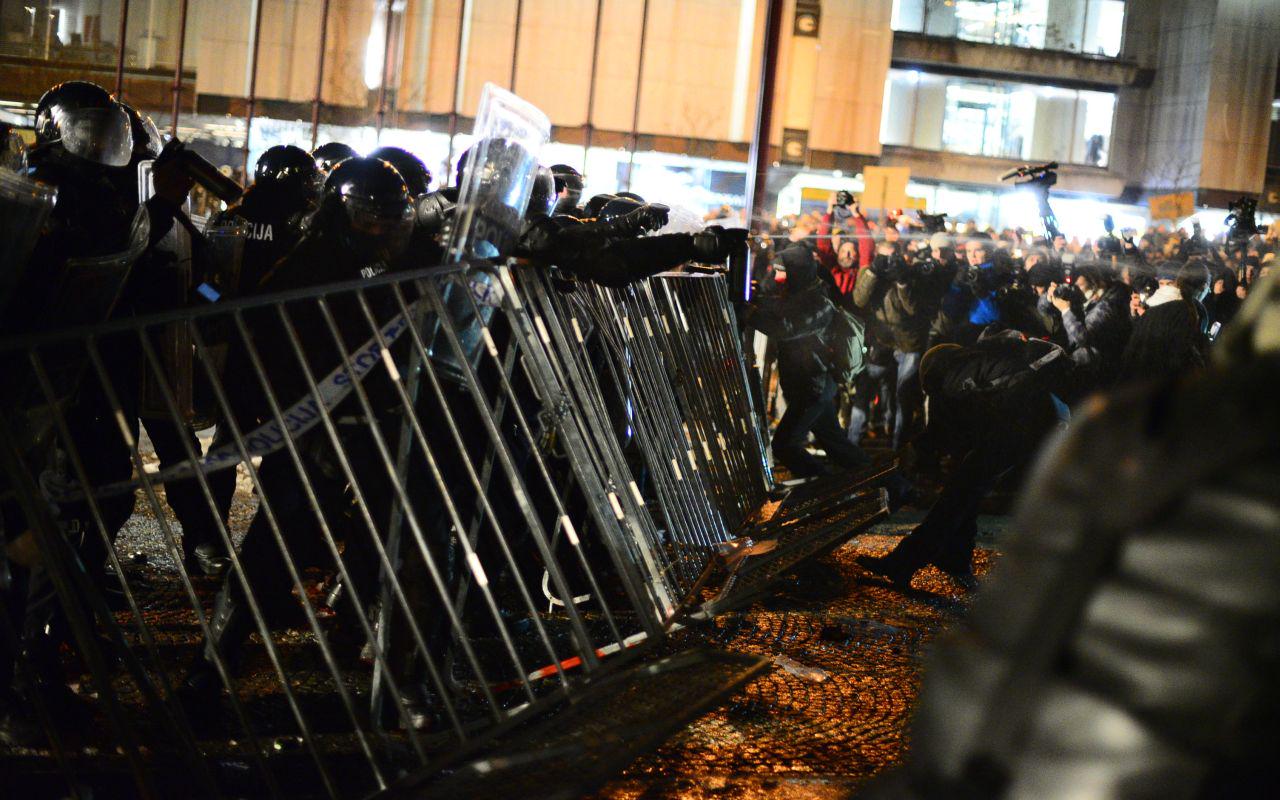

Social dialogue was highlighted as one of the priorities by the current government at the start of its term. A year later all initiatives for “civil disobedience” seem to have faded away, together with protests. However, dialogue between the government and representatives of the civil society runs nonstop, points out State Secretary Tamara Vonta.
Although appointing the State Secretary for dialogue establishment with the civil society and coordination of civil initiatives half a year ago had been seen primarily as one of the means of calming down the country’s situation characterized by regular mass protests, social dialogue has turned towards Vonta’s regular cooperation with non-governmental organizations. With joint efforts they’ve already managed to change a few things.
The cooperation with the protesters, known as “revolters”, has been much weaker. It has resulted in a public tribune with poor attendance, and a withdrawal of a bill on public gatherings which would have introduced stricter terms than current legislature. Vonta admits that the government is partly to blame for a failed dialogue, but she believes that the protesters sometimes have unrealistic expectations. “It’s definitely a problem if, among other things, you’re discussing the fiscal rule with the representatives of the protesters, and then pass it overnight a little over a month later. It’s not enough to listen to the people; their suggestions need to be taken into account, too,” says Vonta, adding there might be new protests, but she’s afraid of “new individual violent incidents”. She touched upon the problem of extremist groups in Slovenia, which was examined by a special parliamentary committee. “It’s a problem when such individuals or groups find support in established politics,” she warns, noting that the committee’s findings will be published in a report.
Before her political career, Vonta worked as a journalist for many years as well as a news editor at a commercial TV network, which is why she’s well aware of the darker side of media. When she was offered to participate in politics, her main concern was that the poor reputation of politics in Slovenia would transfer to her, too.
Tamara Vonta is also the head of the governmental committee for the protection of the Roma community. She came to know the Roma community well as a journalist, which is why she’s an advocate of fieldwork. “It’s not something you can understand from an office,” she argues. In her opinion, it’s imperative for the Roma people to realize education is a value, but that the path to this goal is anything but short and easy. Vonta stresses that owing to poor organization of bodies in charge of Roma issues, a number of opportunities for obtaining EU funds and building proper infrastructure in Roma settlements have been lost. Some remain without water, electricity and sewage, she adds.

































































